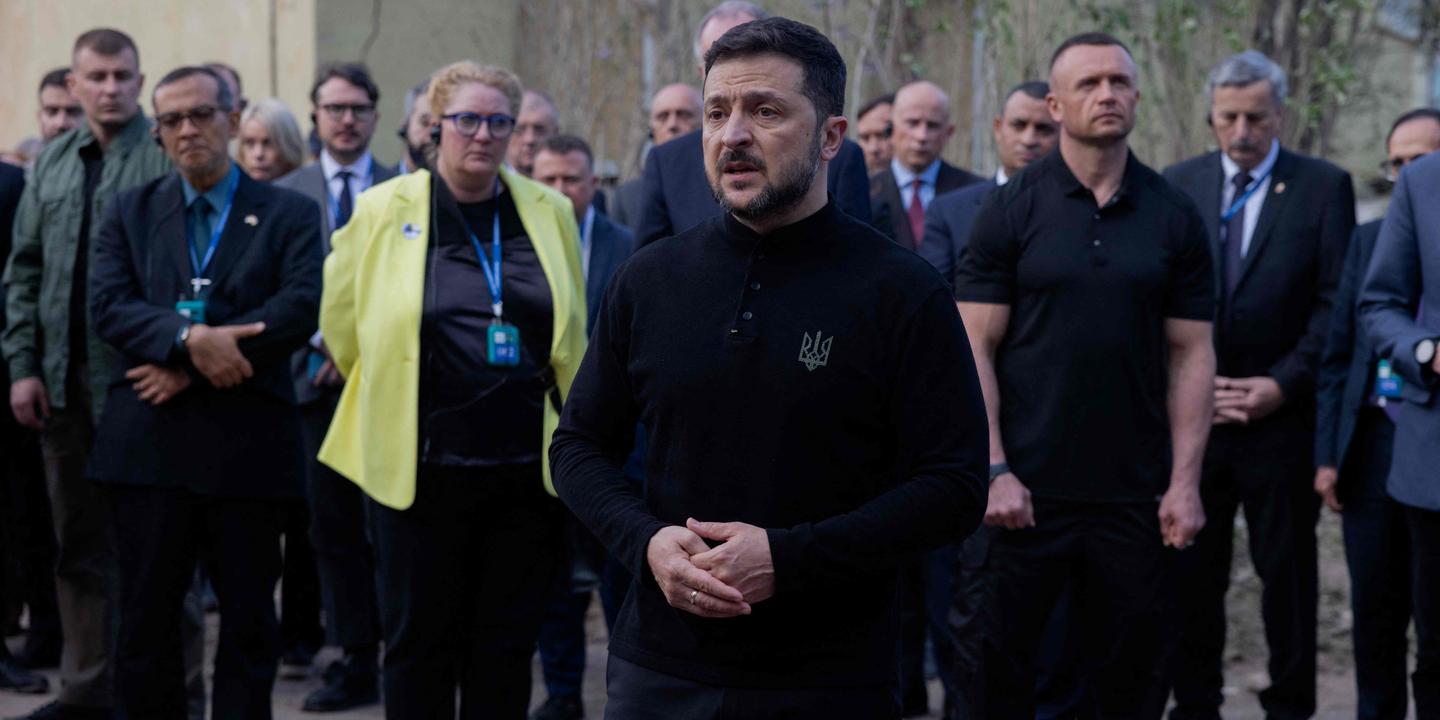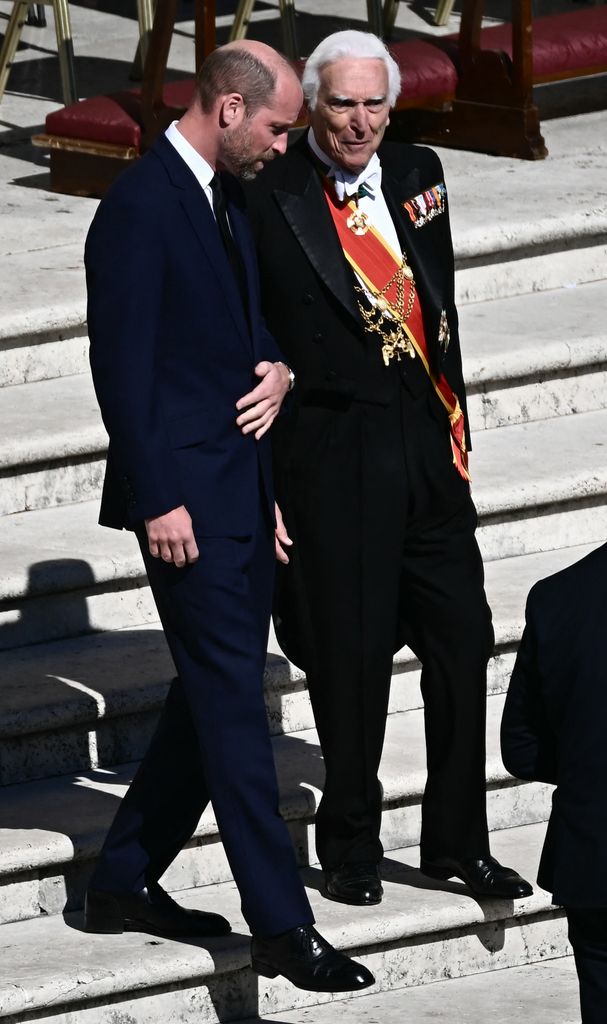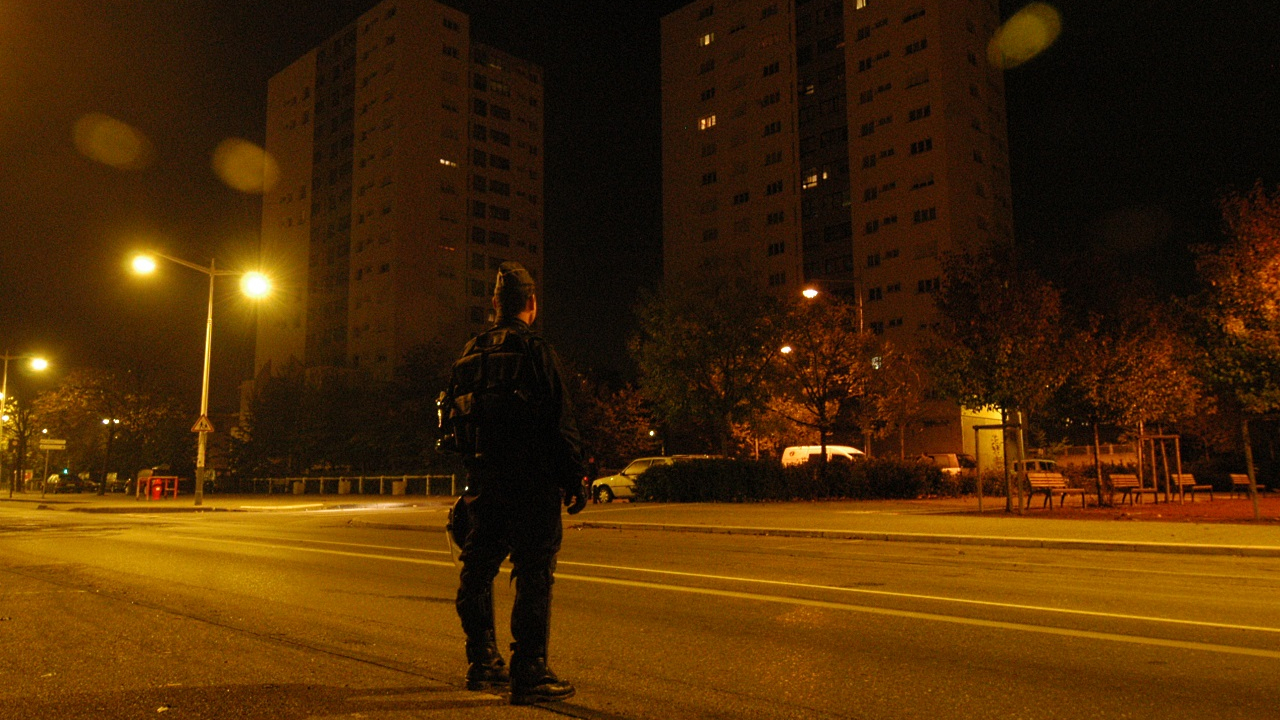European leaders Urge U.S. to take Stronger Stance Against Russia, Warn of ‘Appeasement’
By Archyde.com News Staff | April 26, 2025
In a joint statement, the presidents of the Foreign Affairs Commissions of seven European states, including ukraine and France, have directly appealed to U.S. President Donald Trump and the U.S. Congress, urging them “to show a real leadership to face the global threat represented by Russia as an aggressor state.” The appeal comes amidst escalating tensions in Eastern Europe and growing concerns over Russia’s continued military actions in Ukraine.
Call for End to ‘Appeasement’ and Asset Seizure
The European leaders minced no words, explicitly calling for a dramatic shift in policy. “We urgently ask that the policy of appeasement will be put an end and call on the contrary to a united and resolved position against the terrorist regime of Russia. We are getting stronger against the fact of giving in to her blackmail and his deception,” the statement read. They further called for immediate action, advocating for European nations “to promptly confiscate the frozen assets of Russia and to reassign them to the support of Ukraine.”
According to the European leaders, ukraine’s sovereignty and territorial integrity must be sacrosanct.Ukraine cannot, according to them, “being the subject of any compromise or any external pressure with regard to its sovereignty and its territorial integrity.”
Push for NATO and EU Membership
Beyond financial support,the statement also presses for Ukraine’s accelerated integration into Western alliances. “We ask the United States and other NATO members to admit Ukraine without delay within NATO. We urgently ask the EU member states to accelerate Ukraine’s membership in the European Union. We must not repeat the Munich errors in 1938,” they added, invoking a historical parallel to the pre-World War II policy of appeasement towards Nazi Germany.
Signatories and Geopolitical Implications
The appeal carries meaningful weight due to the diverse coalition of nations represented.The statement is signed by the presidents of the commissions of foreign affairs of the parliaments of Ukraine, the Czech Republic, France, estonia, Lithuania, Latvia, and the United Kingdom. This united front underscores the widespread concern across Europe regarding Russia’s actions and the perceived need for a stronger transatlantic response.
The appeal comes as Russia continues its military operations in Ukraine, with recent reports indicating intensified attacks on key cities, including Kyiv (Kiev).According to USA Today, Russia is wielding nuclear threats amidst these attacks, further escalating tensions. “ukraine war: Russia wields nuclear threat as it attacks Kyiv,” the publication reported earlier this week.
U.S.Response and Political Divide
The call for a tougher stance on Russia puts added pressure on the U.S. government. President Trump has previously faced criticism for his perceived reluctance to confront Russia directly, and his recent comments have done little to assuage concerns. While he has provided aid to Ukraine, his stance on Russia has been called “inflammatory” by some, according to a USA Today report.
The issue of Russia policy remains a point of contention within the U.S. congress, with Democrats generally favoring a more hawkish approach and some Republicans aligning with the President’s more cautious stance. This division could complicate any potential shift in U.S. policy toward Russia, despite the united front presented by the European leaders.
Analyzing the Counterargument: Is De-escalation a Better Path?
While many advocate for a firm stance against Russia, a counterargument suggests that de-escalation and diplomatic engagement might be a more effective long-term strategy. Proponents of this view argue that isolating Russia could push it further into the arms of China, creating a powerful anti-western alliance. They also point to the potential economic consequences of escalating sanctions,which could harm both the U.S. and European economies.
However,critics of de-escalation argue that it would only embolden Russia and signal weakness to other potential aggressors. They maintain that a strong, united front is necessary to deter further Russian aggression and uphold international law.
The Economic Impact of Sanctions: A Case Study
The current sanctions regime against Russia,enacted after that nation’s 2014 annexation of Crimea,has had a measurable impact on the Russian economy. According to a 2024 report by the Congressional Research Service,the sanctions have limited Russia’s access to international capital markets,restricted technology transfers,and contributed to a decline in foreign investment. However, the report also notes that Russia has adapted to the sanctions by diversifying its economy and seeking alternative trading partners.
| Sanction Type | Impact on Russia | Impact on U.S./Europe |
|---|---|---|
| Financial Sanctions | Limited access to capital, increased borrowing costs | Reduced investment opportunities in Russia |
| Trade Restrictions | Reduced exports and imports | disrupted supply chains, increased prices for certain goods |
| Technology Restrictions | Hindered development of certain industries | Reduced sales of technology products to Russia |
The Path ahead: Navigating a Complex Geopolitical Landscape
The appeal from European leaders underscores the urgent need for a cohesive and effective strategy to address the challenges posed by Russia.Whether the U.S. will heed this call and adopt a more assertive approach remains to be seen. The decision will likely depend on a complex interplay of domestic political considerations, economic factors, and geopolitical calculations.
FAQ: U.S.Policy Towards Russia and Ukraine
- What are the current U.S. sanctions against russia?
- the U.S. has imposed a range of sanctions on Russia, targeting individuals, entities, and sectors of the Russian economy. These sanctions include financial restrictions, trade embargoes, and technology transfer limitations. The sanctions regime is regularly updated and expanded in response to Russia’s actions.
- what is the U.S.’s official position on Ukraine’s membership in NATO?
- The U.S. has consistently stated its support for NATO’s “open door” policy, which allows any eligible country to join the alliance. Though,the U.S. has also emphasized that Ukraine must meet certain criteria, including strengthening its democracy and combating corruption, before it can be considered for membership.The timing of any potential membership is a subject of ongoing debate and negotiation among NATO members.
- How much financial aid has the U.S. provided to Ukraine since 2022?
- Since 2022, the U.S. has provided tens of billions of dollars in financial aid to Ukraine, including military assistance, humanitarian aid, and economic support. this aid has been used to help Ukraine defend itself against Russian aggression, provide essential services to its citizens, and stabilize its economy.The exact amount of aid is subject to change based on Congressional appropriations and evolving needs on the ground.
- What are the potential consequences of escalating tensions between the U.S. and Russia?
- Escalating tensions between the U.S. and Russia could have a range of serious consequences, including increased military confrontation, cyberattacks, economic disruptions, and a renewed arms race. It is indeed crucial for both countries to exercise restraint and engage in diplomatic efforts to de-escalate tensions and avoid a catastrophic conflict.
- How does the conflict in Ukraine impact the U.S. economy?
- The conflict in Ukraine has had a number of impacts on the U.S. economy,including increased energy prices,supply chain disruptions,and inflationary pressures. The conflict has also led to increased U.S. military spending and a reallocation of resources towards national security. The long-term economic consequences of the conflict are still unfolding.








